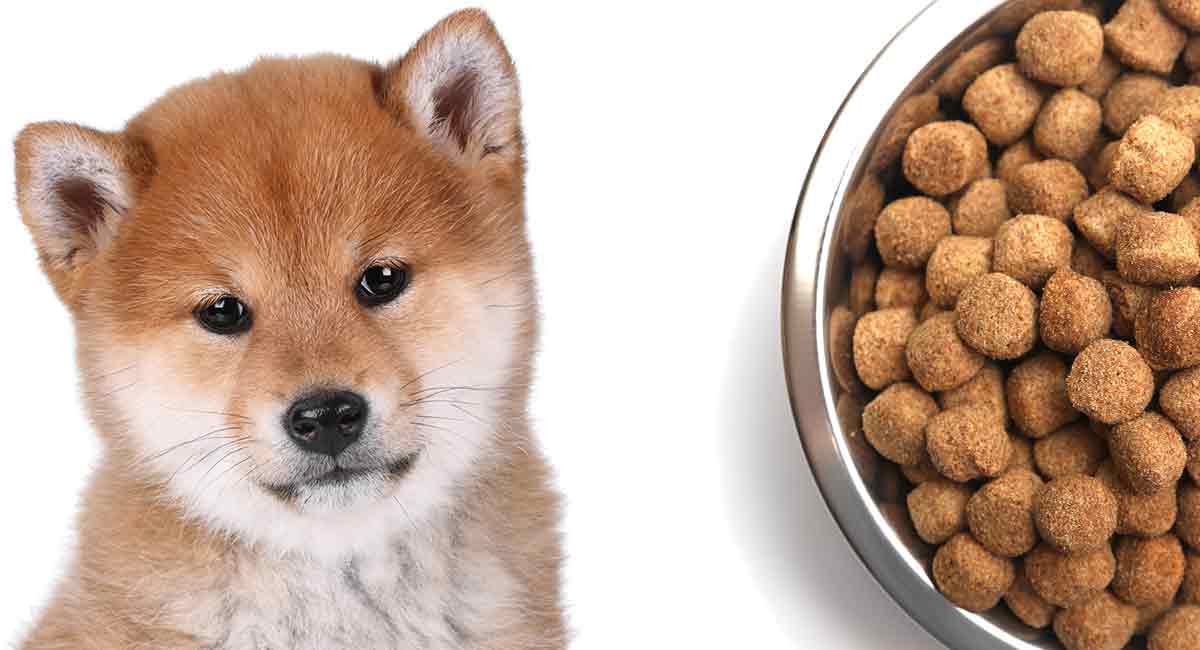I’ve been raw feeding my dogs for several decades now. And I’m going to share what I feed my dogs and how I keep my dogs healthy on this system. I’ll also help you decide whether or not raw feeding is the best option for you and your family. In some cases it isn’t! Raw …
How Much To Feed A Miniature Dachshund Puppy – Routines & Schedules
Are you wondering how much to feed a miniature Dachshund puppy? Miniature Dachshunds might be small, but they don’t often have a small appetite. However, it’s important to keep your puppy with the potential for back problems at a low weight to reduce the stress on their delicate spines. Following the advice on their food …
How Much To Feed A Miniature Dachshund Puppy – Routines & SchedulesRead More
The Pros And Cons Of Feeding Your Dog Once A Day
The most common feeding schedule for adult dogs is one or two meals daily. I recommend that most people feed their dogs twice a day. But feeding your dog once a day can work well in some circumstances. The best feeding schedule for your individual dog will depend partly on the type of food you …
How Much To Feed A Weimaraner Puppy
Working out how much to feed a Weimaraner puppy is a practical matter that has important implications for their growth and development too. You can go by the guidelines on the packet, but different breeds have varying requirements. The best Weimaraner puppy food is high in fat and protein, has plenty of vitamins and minerals, …
Benefits of Goat Milk For Dogs
Lots of dog owners are interested in the benefits of goat milk for dogs. Goat’s milk is a safe addition to most dogs’ diets, and it may confer some health benefits on them. But, some dogs may react badly to goat milk, so it’s important to introduce it carefully. Can Dogs Drink Goat Milk? Goats …
What Is A Food Puzzle For Dogs?
They’re all the rage among dog owners on social media, but what is a food puzzle for dogs? Food puzzles are ways of feeding your dog without just handing over their kibble in a regular bowl. You can buy dog treat puzzle toys online and in stores, create DIY puzzle feeders from stuff you already …
How Much To Feed a Blue Heeler Puppy: Our Guide
Want to know how much to feed a Blue Heeler puppy? We’ve got you covered! This Australian Cattle Dog puppy feeding guide tracks the changing needs of your pup as they grow and develop. We’ll take you from the very first day to that all important transition to grown up food. And help you give …
Can Dogs Have Apricots?
Can dogs have apricots? Are there advantages to feeding your dog apricots? Or should you worry if you find your dog chewing on an apricot? As well as enjoying fresh apricots, many of us love eating a range of produce made with these tasty fruits. But if you’re wondering, “Can my dog eat apricots, too?” …









